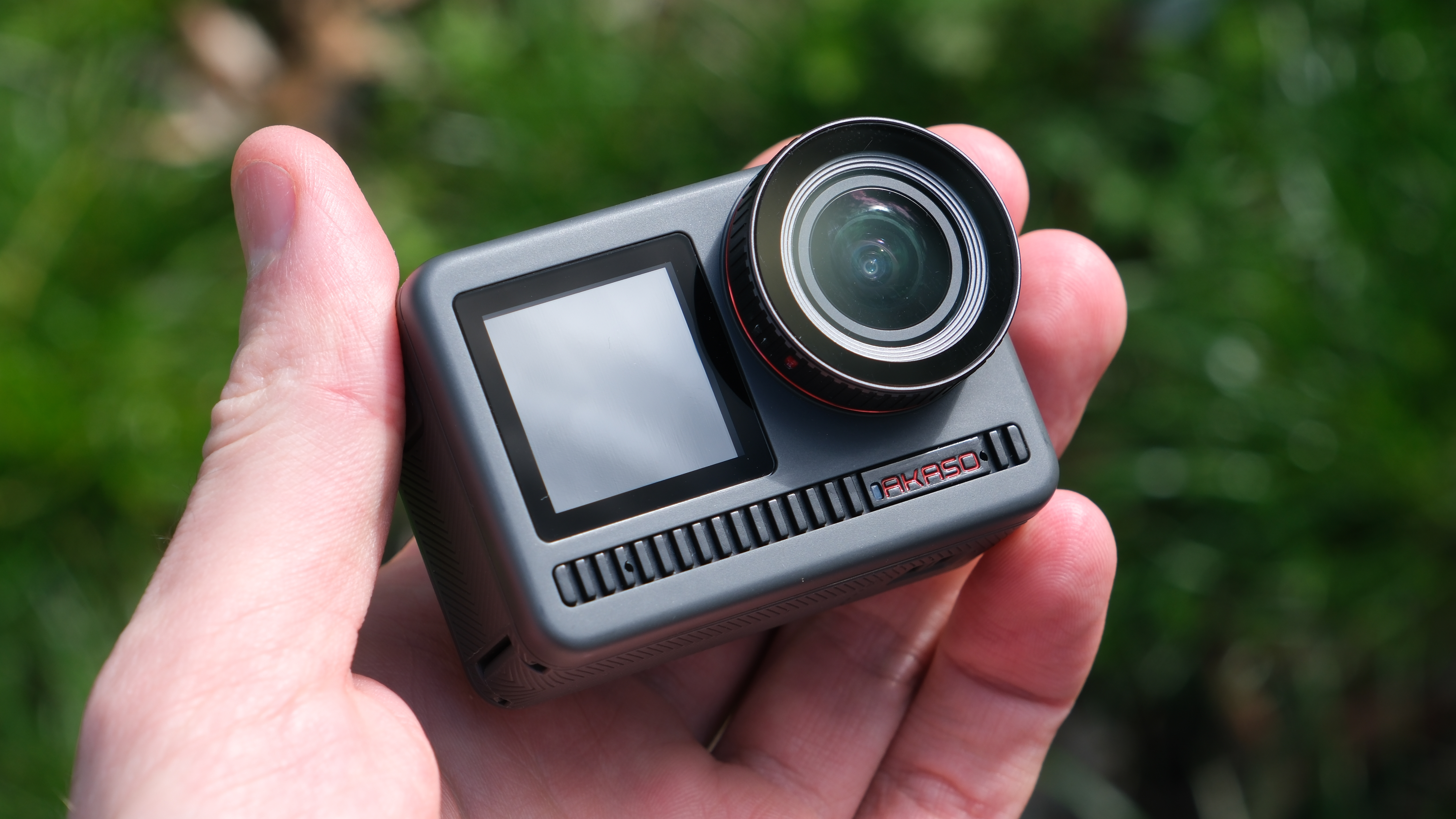
Since its inception, the action camera segment has been pretty much dominated by GoPro to the very few of the best GoPro alternatives gaining any traction until the team at DJI managed to cause some disruption through with the Osmo Action lineup. Action cams tend to be pricey purchases, and Akaso has been plugging the gaps at the bottom of the market with solid budget options like the Brave 7 LE which we rated highly for its cost-to-features balance.
The Akaso Brave 8 is the next step in the Brave series with a set of features that hopes to rival the GoPro Hero 9 / 10 or DJI Osmo Action 3, the newest cameras at the time of release, and still some of our top picks for the best action camera. However the Brave 8 doesn’t have such an edge anymore on price, so does it do enough to set itself apart from its more established rivals?
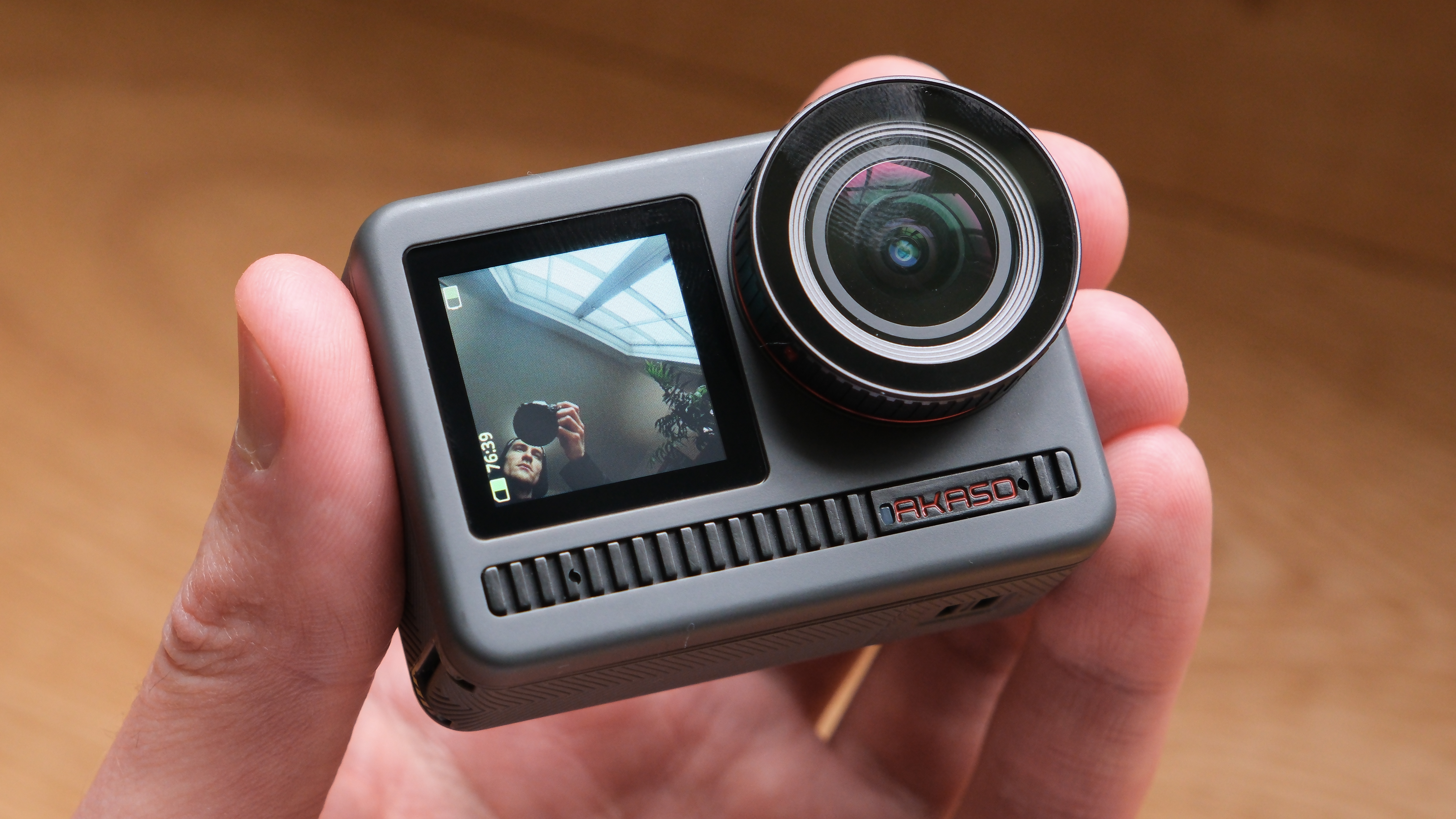
Akaso Brave 8: Specifications
Akaso Brave 8: Price
Where once the hallmark of Akaso cameras was their powerful price-to-performance ratio, the Brave 8 loses this edge somewhat as while the Brave 8 price has remained steady, other action cameras have dropped significantly. The Brave 8 at the time of writing now costs only slightly less than the GoPro Hero 10 or DJI Osmo Action 3, both of which do offer a better all-round experience than the Brave 8.
The good news here is that Akaso cameras are so regularly discounted on Amazon and other stores that you might still be able to grab a bargain if you are patient, although GoPro has also seen some aggressive holiday discounts on older models in recent years as well.
Akaso Brave 8: Design & Handling
Action cameras in the last few generations seem to have settled on a final form, a small oblong with a large touch screen on the back and smaller selfie screen on the front, and the Brave 8 does nothing to mess with this formula, and nor should it as it just works. However, the screen on the front is not a touch screen like rivals though, which means the included remote control will come in handy more.
Controls on the rear touch screen are relatively straightforward to learn, swiping in from each edge has a different function, and all the options are well-spaced out and easy enough to follow. The interface however can be a little sensitive and fiddly with menu options, especially swiping between modes with my swipes often being too heavy and some taps not registering on the screen, which slowed me down a lot as I was out on the road on my bike fiddling with the camera.
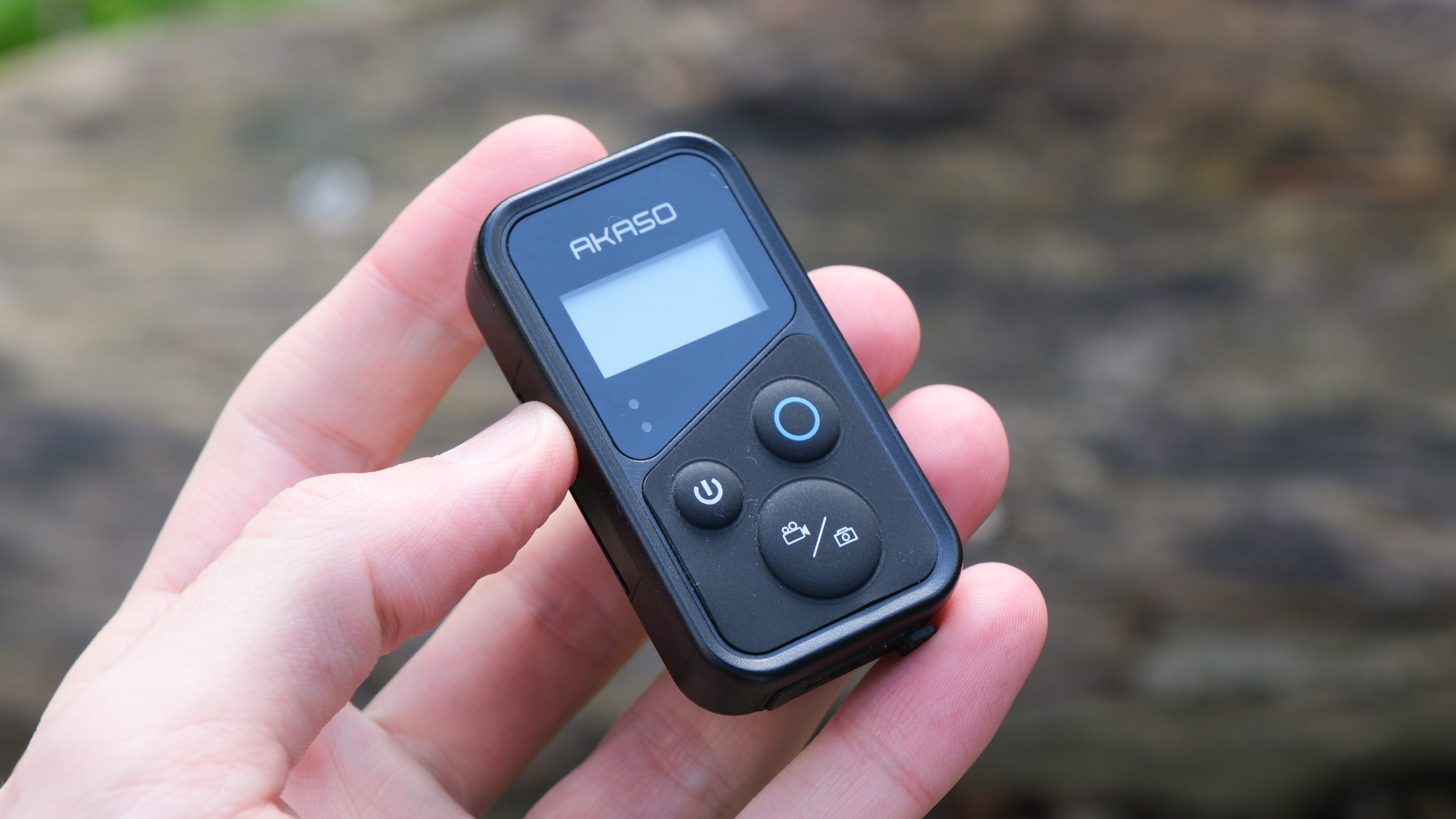
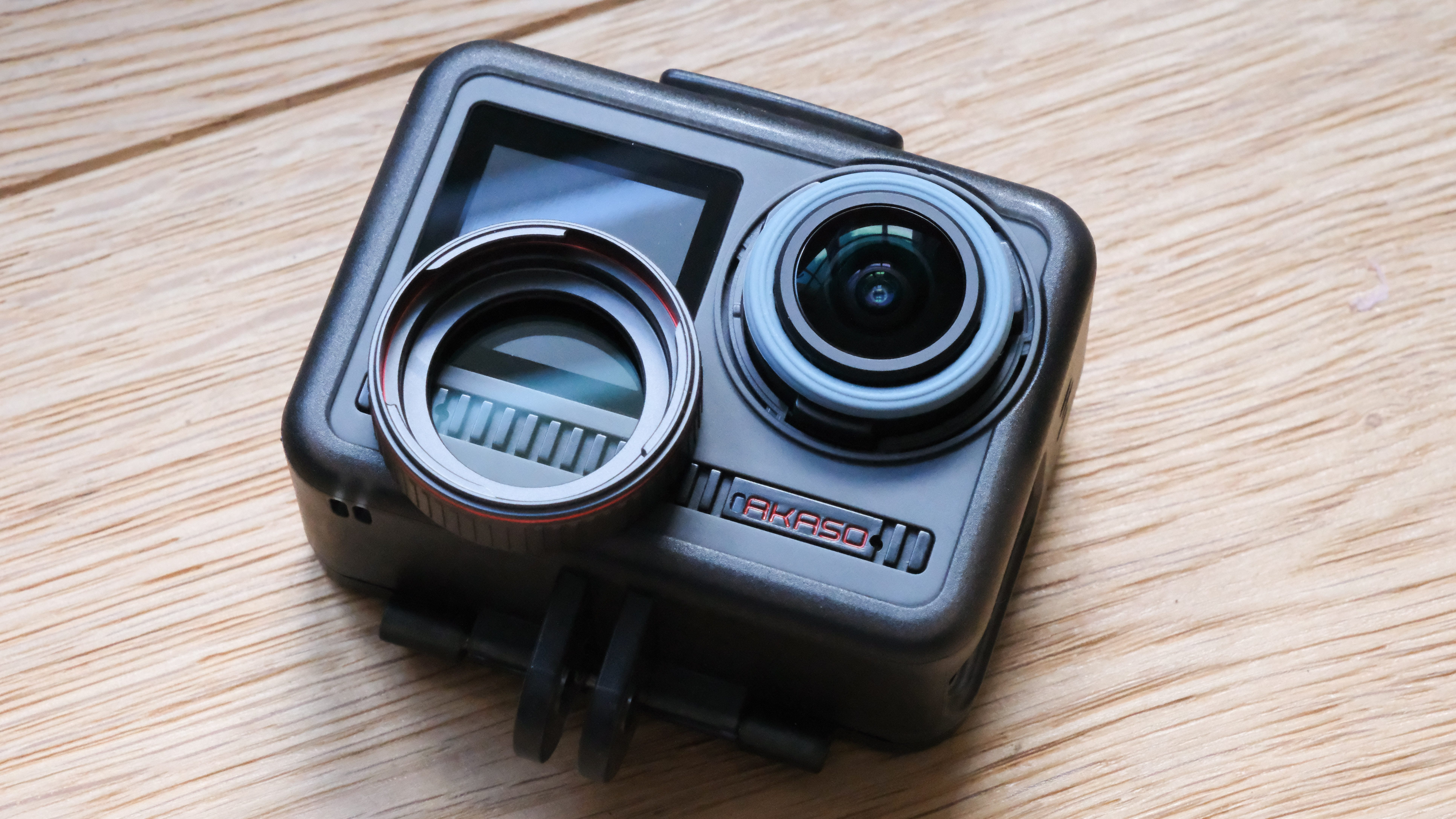
The touch screen isn’t the only way to control the camera, there is also a physical record button for quickly starting and stopping video. The mode button cycles between all recording modes, although this can be a little annoying and I do wish there was an option to limit this, as I only use normal video and photo modes on a regular basis, so just limiting the button to these options would have been fantastic.
The Brave 8 comes with a good range of accessories in the box, including straps, adhesive pads, and mounts for helmets and handlebars. These mounts and the included camera cage however feel flimsy. I mounted the camera to the front of my bike and even with tightening the nuts with the included spanner, the vibrations of the road still meant the mounts kept drooping downwards until I had a video of the floor, and I can only imagine these screws will get looser with continued use.
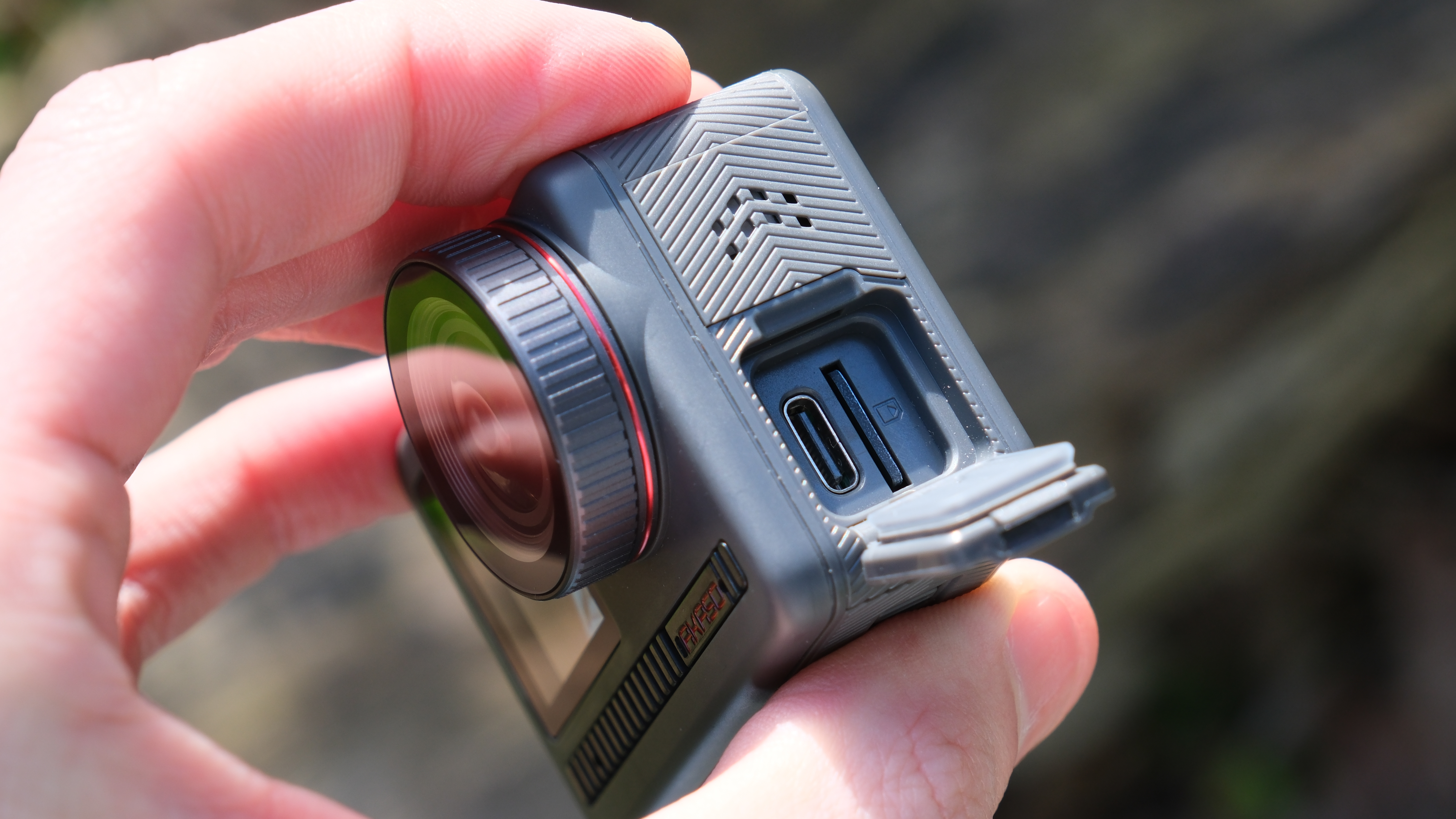
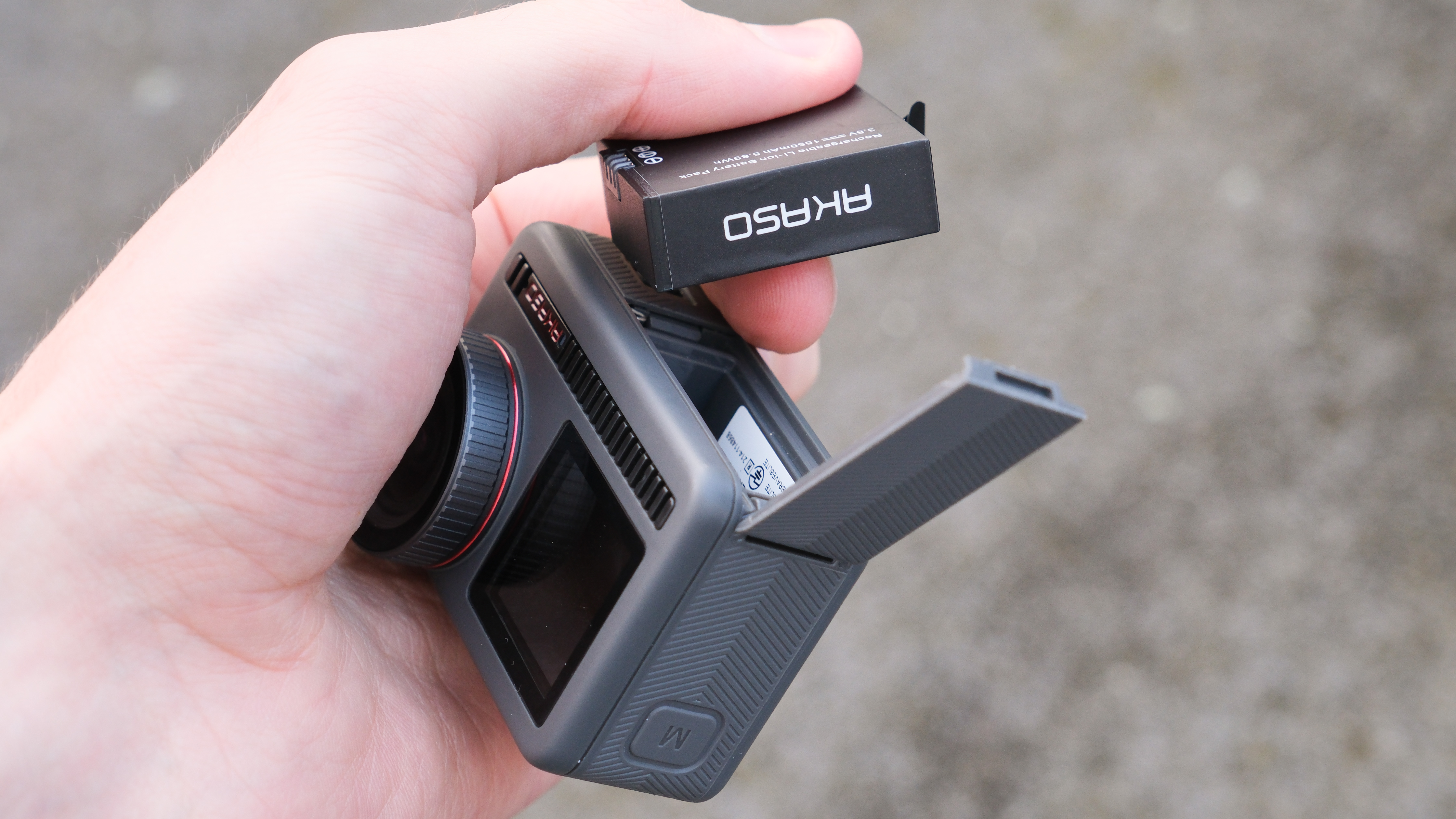
The camera itself is well made, with a tough feeling rubberized outside, and I do think it looks good, if not quite as cool as its rivals. It is also waterproof to 10m (or 33ft) without any housing, although I haven’t tested the extreme limits of this, I submerged the camera to around 1m without any consequences to its continued operation.
The Brave 8 does come with a remote too, it is incredibly simple and works well once paired, offering options to start/stop recording and flick through modes. Frustratingly, the remote is charged with Micro USB even though the camera and battery charger use USB-C. Although there is a dual battery charger and two batteries included (yay), the battery charger is also voltage dependent so can only charge with slower 5V connections, and didn’t work with any of my laptop or phone chargers. It's these little things that make long-term usage that little bit too irritating.
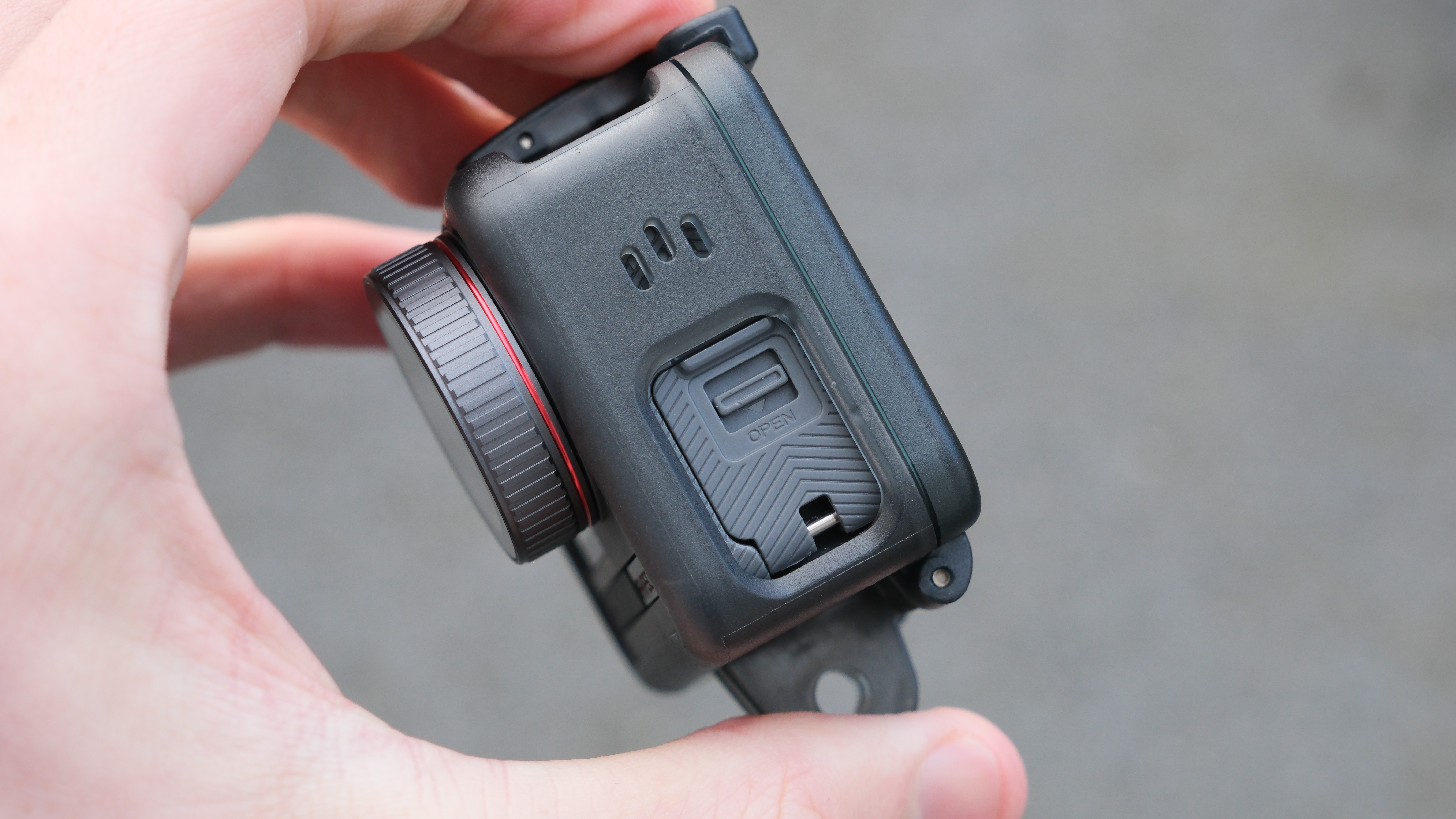
Setup and app
The biggest stumbling block for the Akaso Brave 8 is its initial setup, which is just a convoluted and frustrating system of settings hopping. I am using the Brave 8 with a Pixel phone, so first I hit up the app store for the Akaso Go companion app, which has a company called Cnest listed as its publisher which is slightly confusing from the off, but this is the right app. You can sign up if you wish to use the app’s editing and sharing functions, or if you just want to download your videos to your phone, you can do this without handing over your email.
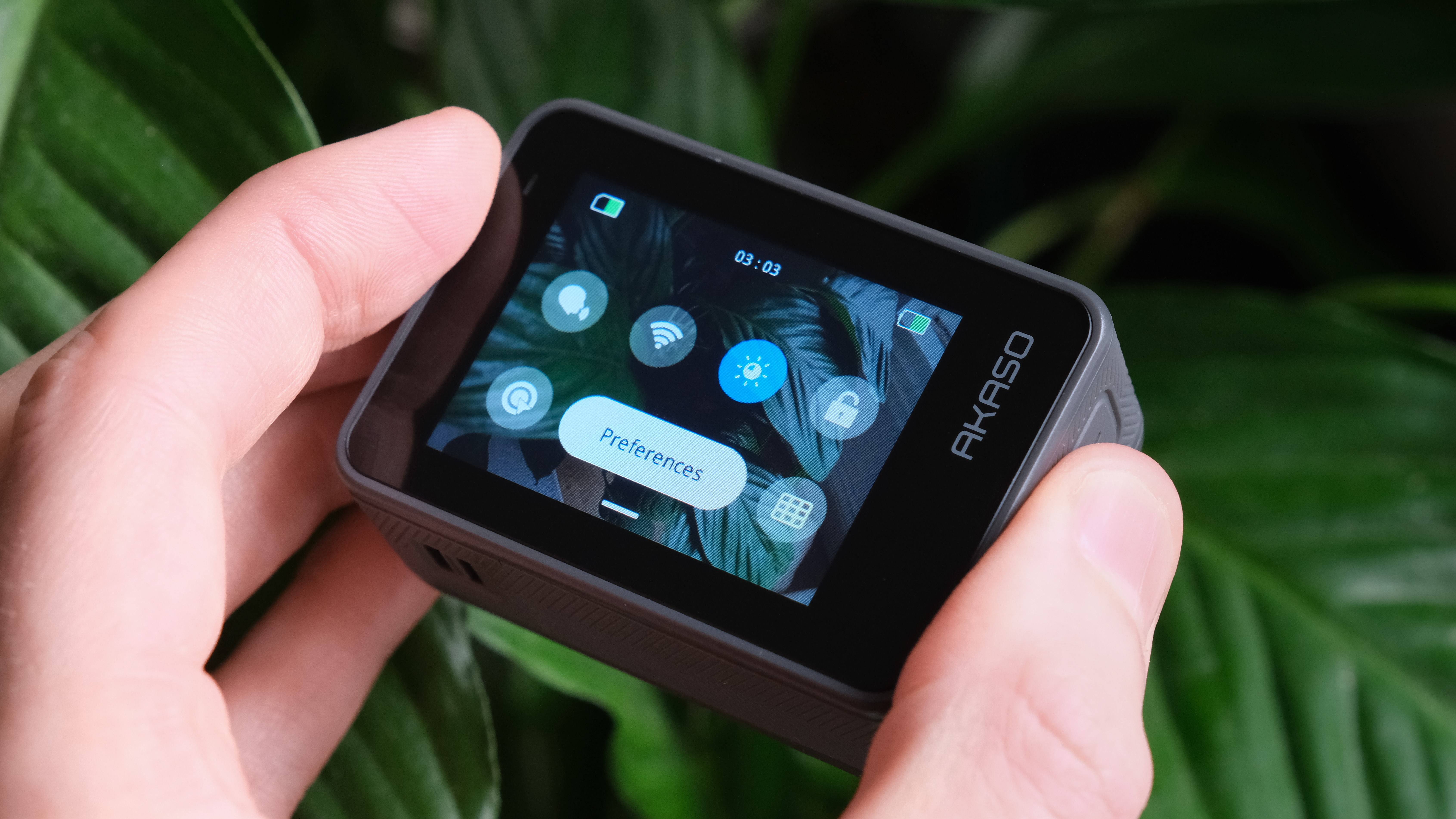
To actually connect to the camera is then a muddle of WiFi networks. The first time I set it up, I gave permission for the Akaso Go app to swap my WiFi networks at will between the Brave 8 local network and my internet connection – but it was unable to do this. In the end, I had to go into my phone settings and switch WiFi networks manually when required. Annoyingly this is still something I am still required to do each time I want to connect to the camera. Having set up numerous smart lights and other home devices with the same process, it doesn't have to be so hard!

The app is the only place to go for downloading videos with the Supersmooth video stabilization as it applies the smoothening in the app, you can’t just copy directly from the MicroSD card. I had real trouble playing the videos directly on the app, when trying to load any video I just got a spinning loading wheel with the video never actually appearing. Luckily I had a far better time actually downloading the clips, which was a fairly smooth process, although downloading all the clips from an hour-long cycle ride with Supersmooth processing took hours and I had to do it in batches.
Akaso Brave 8: Performance
The video quality from the Akaso Brave 8 is good, video is sharp and clear, although the video tops out at 4K60p, which isn’t as high as you can get for around this price, but the quality was good enough. The colors were mostly very good, however did dip into some strange hues and oversaturation in a few clips in the sky and just wasn’t necessarily true to the day. I shot in the standard picture mode, there is also a vivid mode which upped the saturation a bit too much for my tastes.
When it comes to stabilization, the Brave 8 isn’t quite ready to play in the big leagues. While the Supersmooth stabilization is an enormous benefit compared to the non-stabilized footage, it just can’t compete with the impressively smooth video you can achieve with a GoPro. Riding around town on my bike there was a lot of shake still on the processed footage, some of the vibrations I can forgive as that is hard to counter, but even turns were just a little wobbly instead of gimbal-like.
Audio on the Brave 8 is pretty poor outdoors, when I picked up some speed on my bike the wind howling through the microphone was off-putting, and the stereo mics didn’t pick up much ambient noise around me for a more immersive video. Vlogging outdoors also picked up too much muffling noise. The Brave 8 does have a ‘Human Voice’ mode for vlogging or pieces to camera, which has some effect, but also the isolated voice sounds quite unnatural. However, there is also no mount or mod to attach an external mic directly to the Brave 8 included in the box.
The Brave 8's photo mode, should have been its saving grace with its 48MP sensor, but weird colors, artifacts, and some dodgy exposure spoiled the fun. I would still use my phone in any situation where it was an option.
The 48MP photos from the Brave 8 are passable in the right light, the perspective correction is very handy for the wide-angle lens although left some strange processing in the corners, and there are a good amount of settings for some manual photography. I also like that I could record in JPEG+RAW for editing later with more precision. Even though it does have 48MP, the digital zoom is still limited by the small sensor, so I wouldn’t really advise zooming much beyond the default focal length.
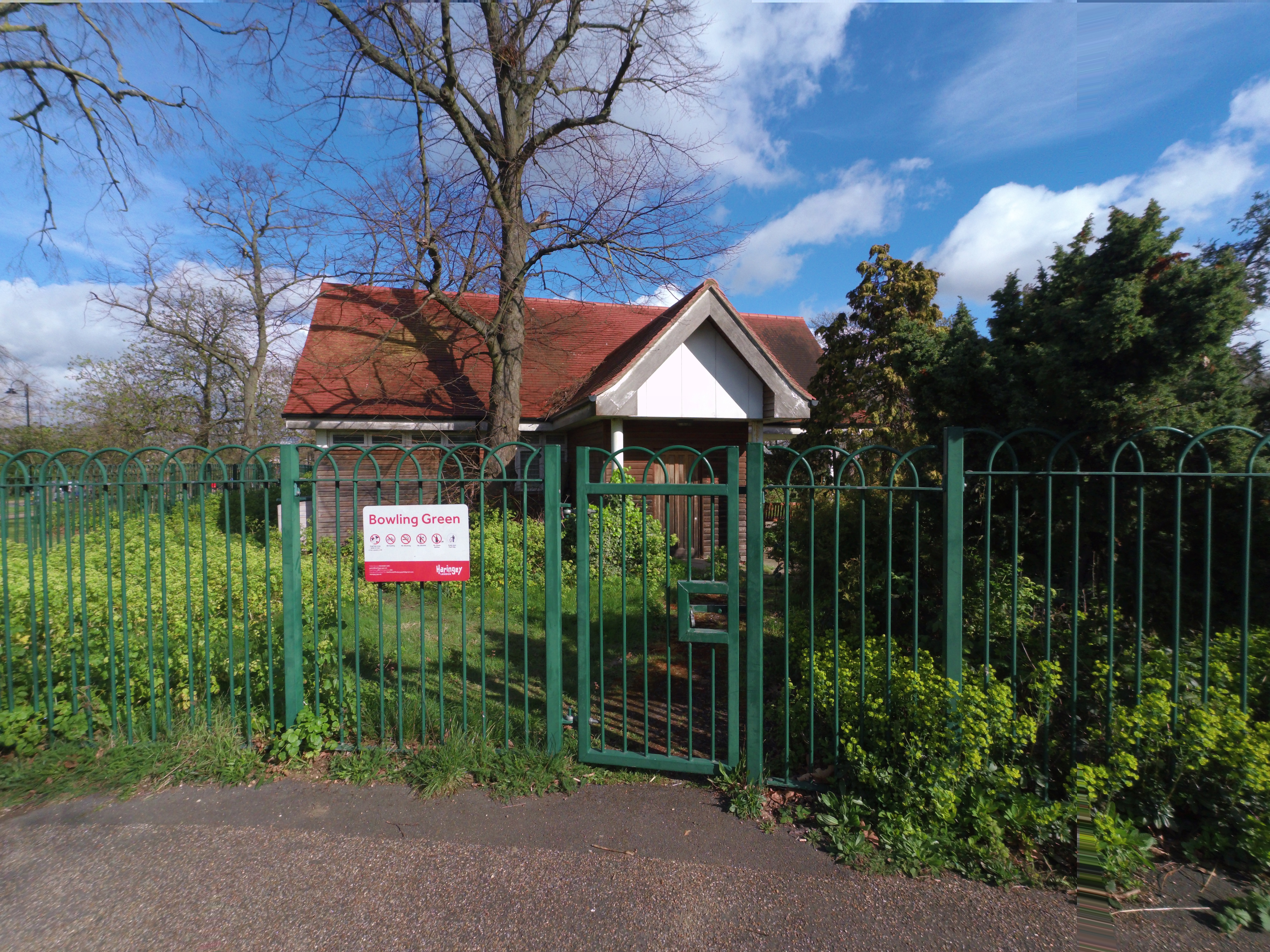
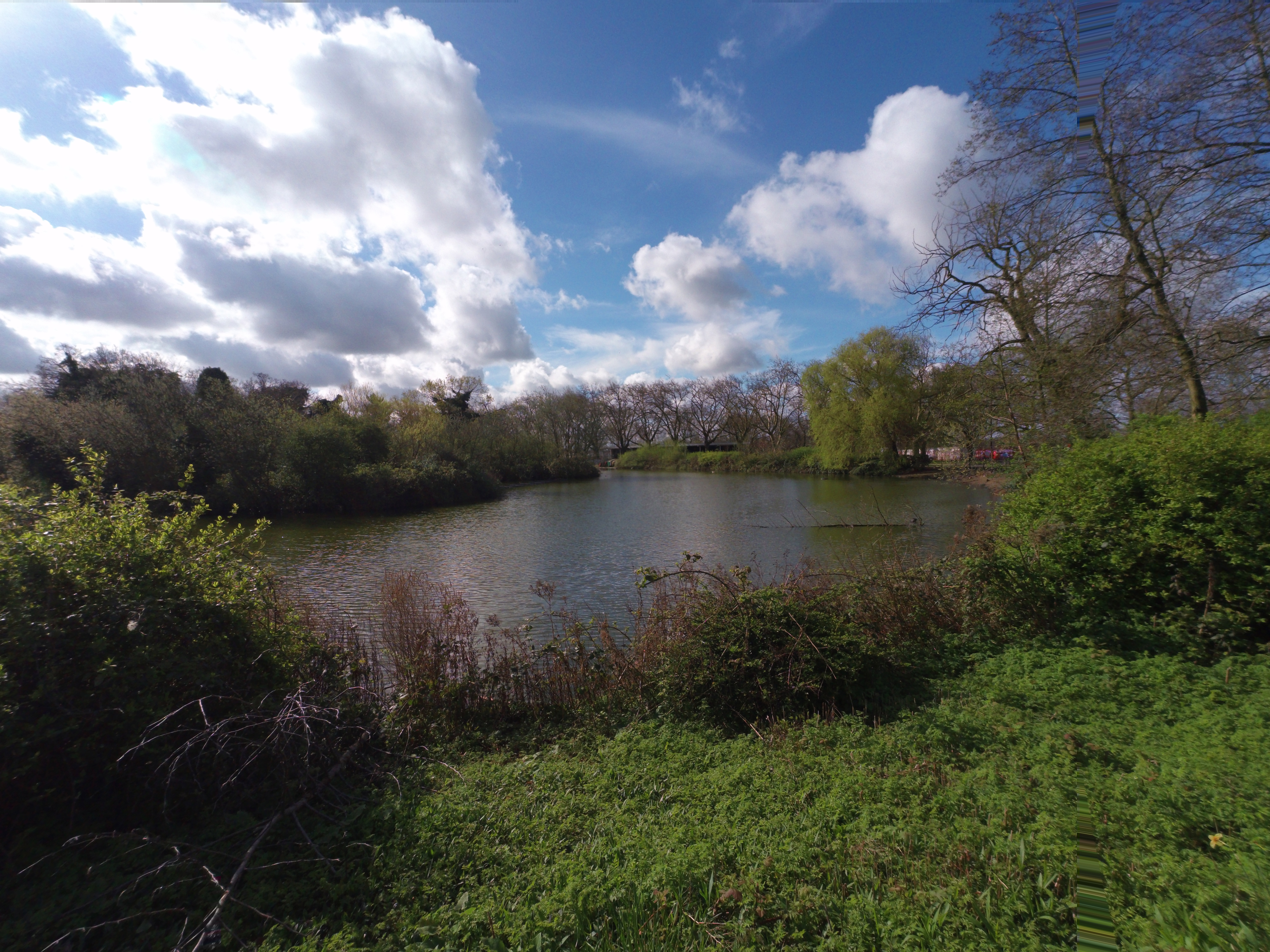
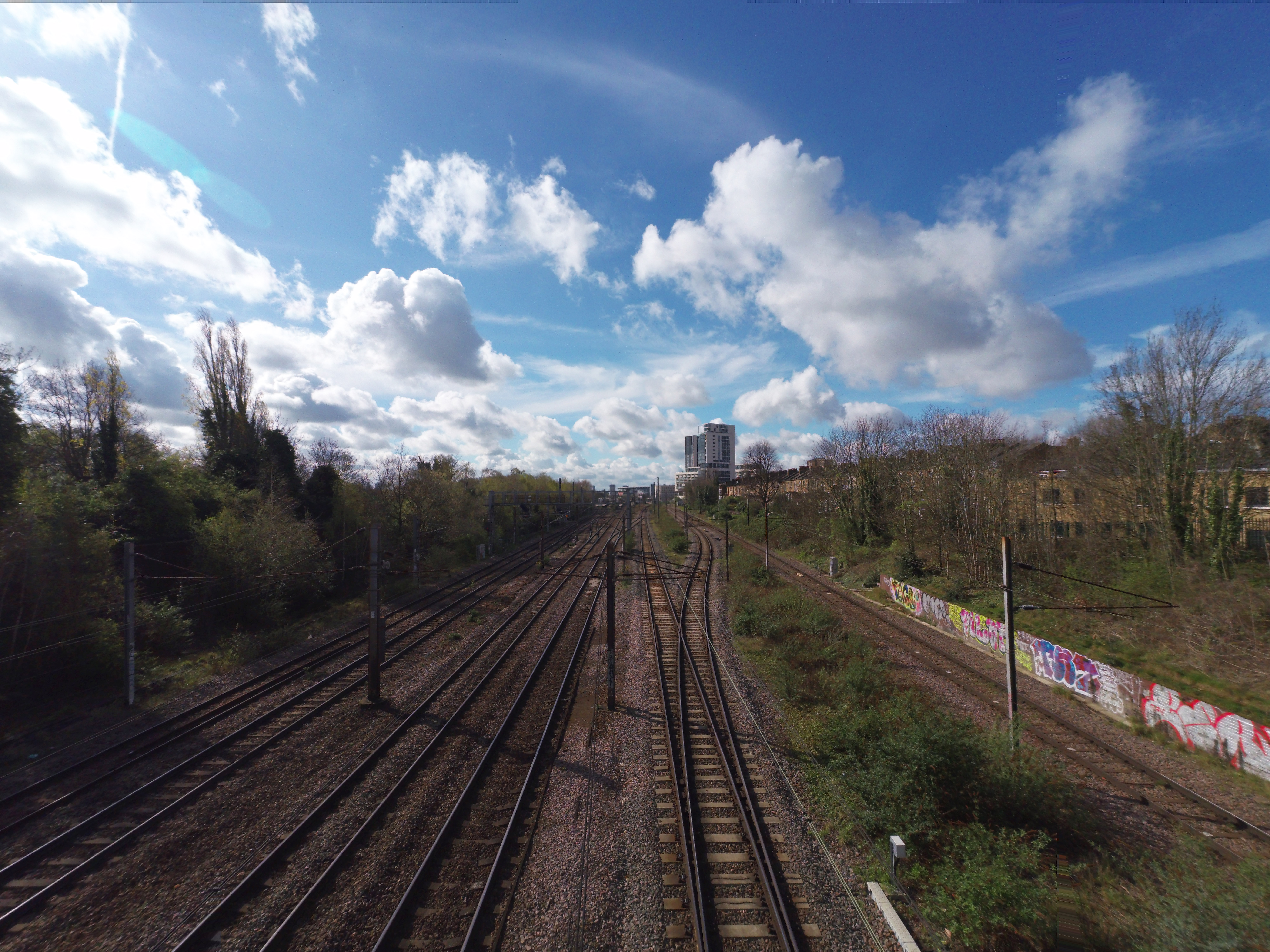
Akaso Brave 8: Verdict
The Akaso Brave 8 enters with aspirations of challenging the top contenders from DJI and GoPro, yet falls well short of achieving that lofty goal. Despite its commendable efforts, the Brave 8 struggles to match the performance of its competitors. While its video capabilities are impressive, its 4K video resolution does come up short in comparison to the higher resolution and superior stabilization offered by the similarly priced GoPro Hero 10. The Brave 8 also is considerably held back by the frustratingly poor overall user experience provided by its accompanying app.
Mostly, the Brave 8 struggles to justify its price point, especially when compared to its more established competitors. Where Akaso cameras should be the alternatives offering decent specs for amazing value, price drops for the GoPro Hero 10 and DJI Osmo Action 3 mean that the Brave 8 is not nearly as competitively priced as it once was.
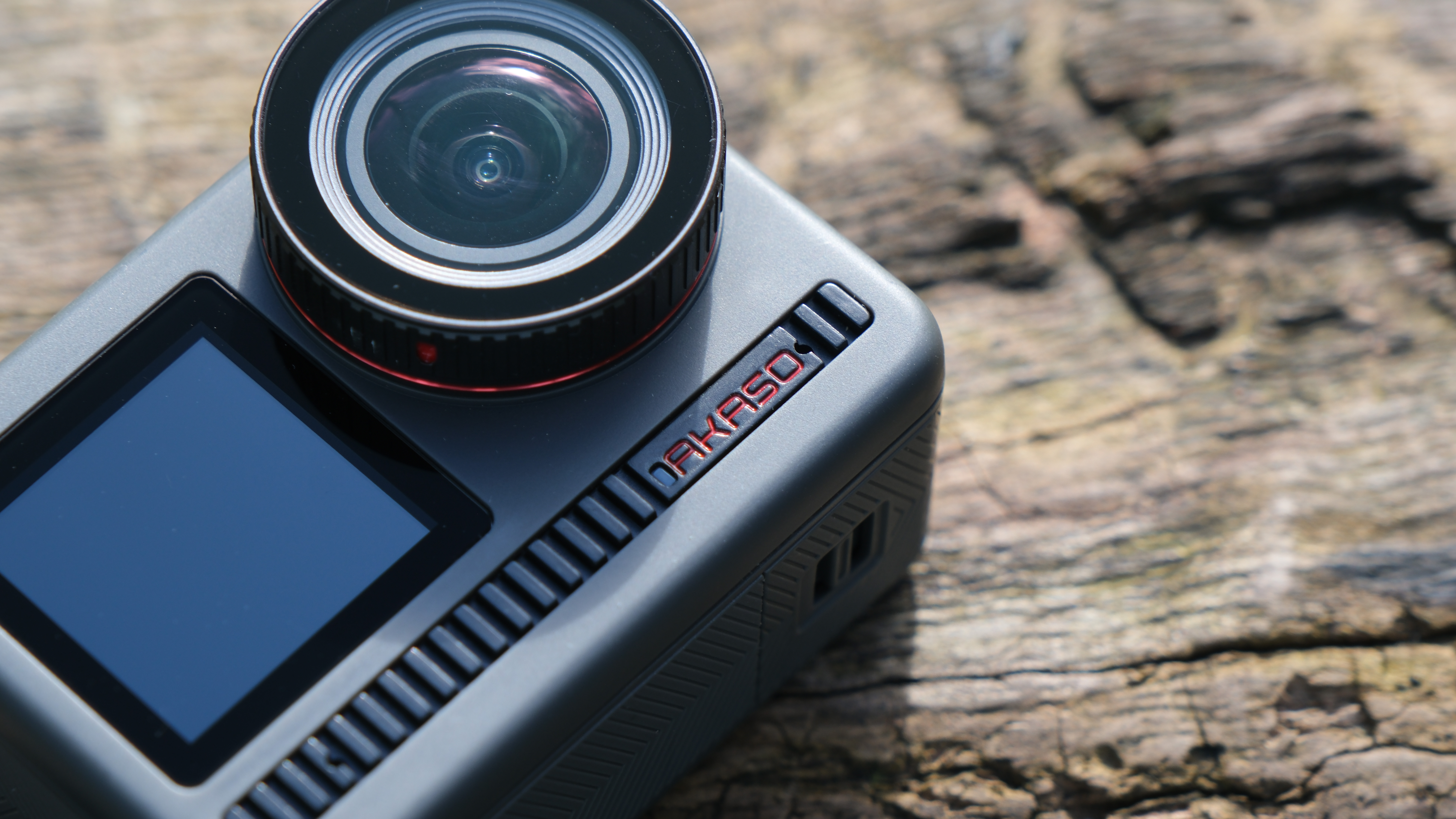
✅ Buy this if...
- If you are looking for good specs for a low price, although the Brave 8 doesn’t quite have the edge it once did as rivals drop their prices.
- The Brave 8 comes with a lot in the box, if you require lots of accessories and mounts then this will save you money down the line.
🚫 Don't buy this if...
- If you are after the best video quality possible then other action cameras have higher resolutions and better image stabilization.
- The app is a real letdown, if you want a very simple to use camera then rivals have much smoother video offloading to mobile devices







